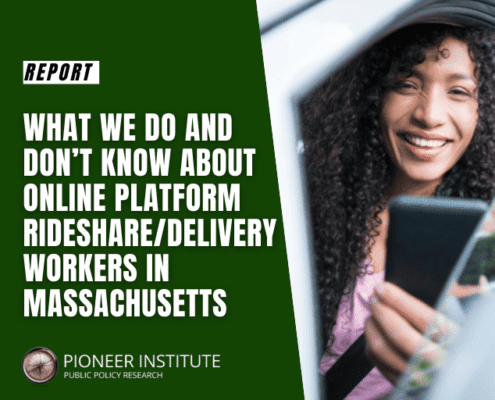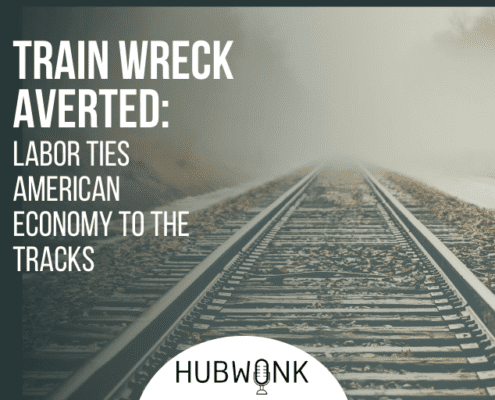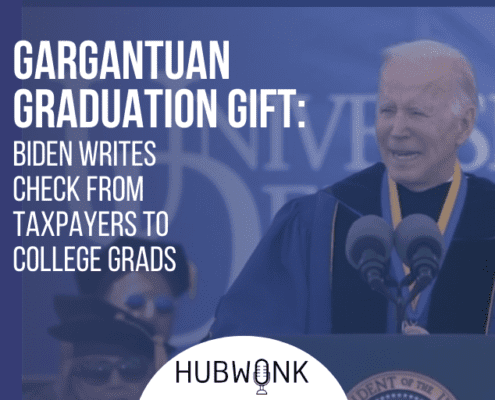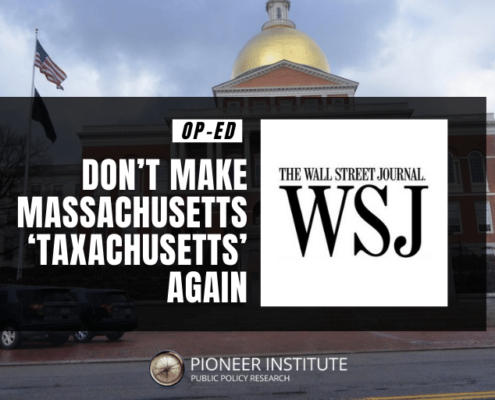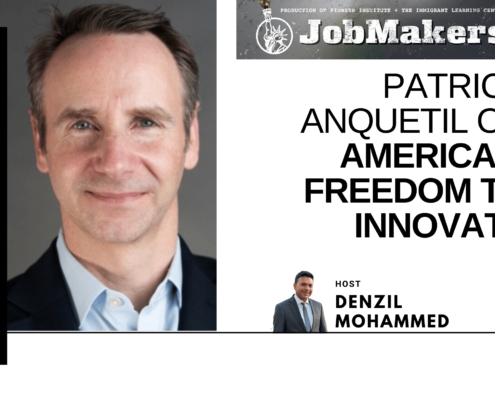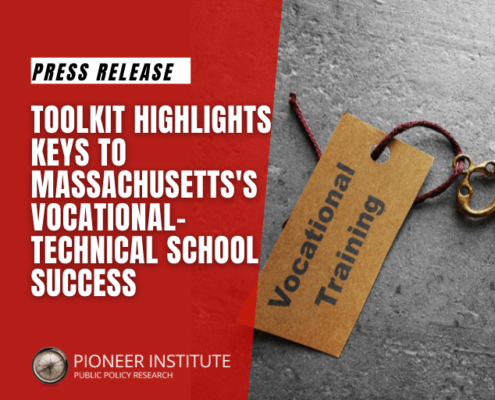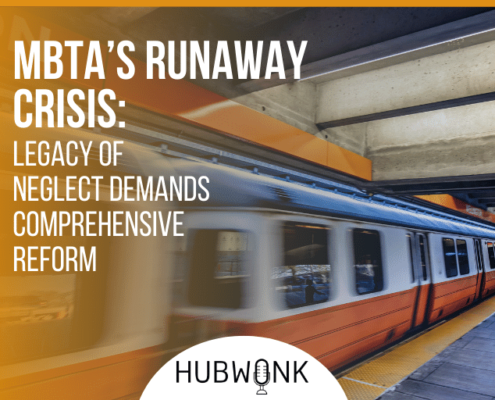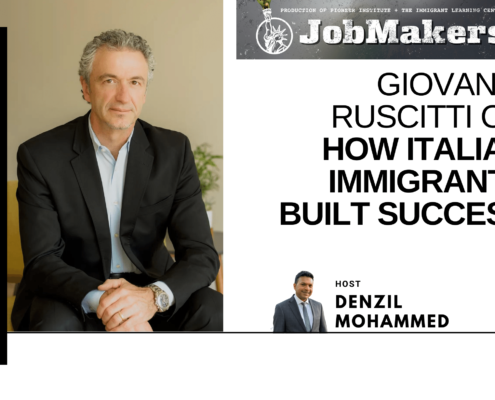We Must Work Together to End Racial Injustice
Pioneer’s mission is to advance a nation where every American has freedom and can prosper. The institute has focused deeply on expanding economic opportunity for all, and as a critical component of that, access to high-quality educational options. We also work to promote greater participation in our American democracy, beginning with what and how students learn about our nation. We have long advocated for the rigorous study of U.S. history, including America’s original sin of slavery and the ongoing journey to end racism.
Today’s Context
Three officers witnessed Officer Chauvin’s suffocation of George Floyd. For months, police and state officials did not prosecute the men who killed Ahmaud Arbery. These events underscore that our country must do more to stare down the sometimes deadly racial inequities in policing. The Institute recognizes that the vast majority of officers sworn to protect all Americans abhor such actions. But these transgressions demonstrate the need for a re-evaluation of practices and, in some instances, the culture within some of our law enforcement agencies.
Our Past Response
Pioneer has been purposeful in advancing changes to address, in part, the scourge of racism and the lack of access to economic opportunity, especially in disadvantaged communities. We have shown unmatched determination to expand educational options that promote social mobility; these include charter public and vocational schools, the Metco and interdistrict choice programs, and access to private schools, all of which have demonstrated success at bridging achievement gaps for urban students. We have convened policymakers, school and business leaders, and the general public through forums with high-profile Civil Rights activists and historians that raise awareness of the role of slavery and racism in American history — and the need for all students to study and understand the damage that has resulted.
In transportation, we have fought for meaningful changes to public transit to ensure all communities have access to reliable service, especially in our urban areas, and promoted the establishment of a magnet high school focused on training inner city youth for jobs in transportation.
We have long supported key reforms of the state’s criminal justice system where a disproportionate share of the state’s incarcerated population are people of color. Those reforms include: ending solitary confinement, showcasing solutions to reduce recidivism, programs to reintegrate offenders into the mainstream workforce, and ending the shameful practice of using prisons as de facto mental health facilities; and emulating a successful magnet school to ready inner city youth for a career in law enforcement.
And knowing that government frequently cloaks mistakes both small and systemic, we work to make government transparent and increasingly accountable through online tools to provide ready access to public data and numerous public information requests.
Our Coming Response
Recognizing that we can do more on the protection of civil liberties and criminal justice, Pioneer released yesterday, “Respect My Rights,” a new web-based hotline to which citizens can submit complaints and descriptions of civil liberties violations they have experienced. The Institute will share the Respect My Rights platform with states across the nation and serve as a research hub for scholars and news organizations interested in the protection of our civil liberties. The Institute will also promote changes to the legal doctrine of “qualified immunity,” which makes government officials unaccountable for illegal or unconstitutional acts.
In other policy areas related to discussions of equity, in the coming weeks look for a Pioneer campaign calling for the City of Boston to allow convenience clinics to open, which would expand the availability of COVID-19 testing for inner city residents, and for research and advocacy focused on enhancing the success of our hardest hit industries — restaurants, retail, leisure and hospitality — which employ so many urban residents.
We will never have true equality unless all communities are provided the opportunity for social and economic upward mobility.
We all must do more. Now.
Jim Stergios
Receive Important Updates (ISSUES)
Related Content
PUBLIC FORUMS
- “A Fire You Can’t Put Out”: Rev. Fred Shuttlesworth, Civil Rights, & School Choices
- Equal Access to Excellence Charter and District School Reform
- “Pathways to Equal Opportunity Vocational-Technical Education & the Liberal Arts”
- Civil Rights: Charter Schools & Teacher Unions
- America in the Age of MLK: Teaching the Civil Rights Movement in Schools
OP-EDS & COMMENTARY
-
Students should know the name Fannie Lou Hamer
-
We must teach hard historical truths of Emmett Till’s murder
-
Study Finds MA Inter-District School Choice Program a Success, but Should Be Updated
-
Op-ed: State should expand METCO
-
Op-ed: Slaving history must not be forgotten
-
Time for Boston to open up to limited service clinics
-
WBUR: Black Riders Spend More Time On Average On MBTA Buses. A New Report Offers Solutions
RESEARCH
- Better Government Compendium of Winning Entries: Fixing Our Troubled Justice System
- Study Calls for Reforming Bridgewater State Hospital, Commonwealth’s Solitary Confinement Practices
- Report: Closing the Achievement Gap Through METCO
- METCO Merits More: The History and Status of METCO
- Study Debunks False Claims Against Charter Public School Funding and Demographics
-
Study: 5% Increase in Spending Could End Urban Charter School Waitlists in Failing Districts
PODCASTS:
- Kaya Henderson, Former Chancellor, D.C. Public Schools, on Leading Urban District Reform
- UVA Law Professor Kimberly Robinson On Legal Debate About Education As Federal Right
- Dr. Howard Fuller on School Choice & Presidential Politics
- Citizen Stewart on Changing the K-12 Education Power Structure
- Derrell Bradford on the Future of Education Reform
WEB PORTAL:
Making a Difference Through METCO
Recent Posts






